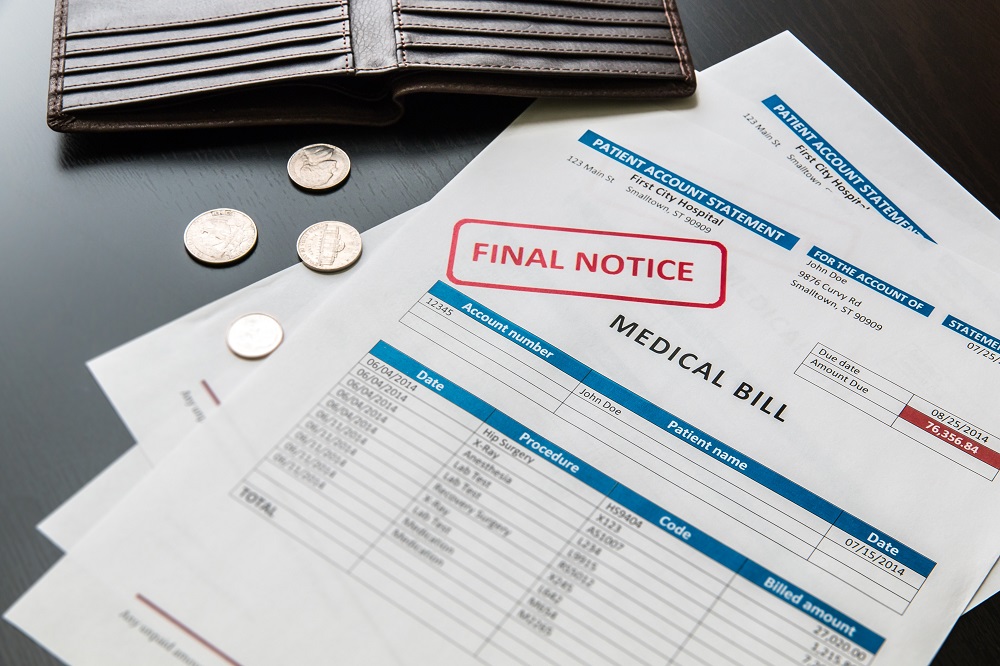How Long does Your Arizona Bankruptcy Stay on Your Record?
Planning your financial future is all about knowing the long-term implications of the decisions you make right now. If you’re struggling under the weight of multiple loans and late payments, you could be considering a bankruptcy filing. It will help you discharge some of the debt and benefit from creditor protection. One thing you will need to consider, however, is the amount of time that a bankruptcy will affect your credit record. Let’s see how long does an Arizona bankruptcy stay on your record.
Arizona Bankruptcy and Your Credit Record
The amount of time will depend on the type of bankruptcy filing.
A Chapter 7 bankruptcy will typically appear on your record for up to 10 years. When you file a Chapter 13 bankruptcy, the record will be there for seven years. The period starts from the filing date rather than the discharge date, which occurs later on.
As a debtor, you don’t have to do anything for the information to disappear from your financial record after the respective period of time. The process is automatic.
Another important thing to keep in mind is a separate record that will be created for individual creditors.
Every single credit included in the bankruptcy will appear as a separate listing on the record report. The typical annotation is “included in bankruptcy.” These individual entries will also disappear after a certain period of time. The typical duration is seven years.
The Damage to Your Credit and Recovering from it
Even more important than the timeframe is the potential damage that a bankruptcy record can do. So many people worry that they’ll never be capable of restoring their good rating or qualifying for a loan in the future. Such worries are unjustified.
After talking to a bankruptcy attorney, you’ll find out that a bankruptcy is very often a much better idea than keeping on accumulating debt. Your inability to make timely loan payments will have a much more devastating impact on your credit history than the bankruptcy record.
Initially, your credit history will deteriorate profoundly as a result of the bankruptcy filing. The journey towards recovery, however, doesn’t have to be a lengthy and difficult one.
All individuals go through pre-discharge credit counseling during the bankruptcy process. The information obtained during the sessions is great for building financial stability and beginning the credit score recovery process immediately after the discharge.
The first thing to do is to check one’s free annual credit report. Examine all of the information appearing there. There could be some mistakes or inaccurate entries. These will need to be addressed because they’ll add to the burden of the bad credit score.
 To begin restoring the credit, you may want to get a secured credit card. The card is backed by a deposit and it can be used to mend the poor score. Secured cards usually come with fees and high interest rates but they’re one of the best financial tools for individuals who have just completed a bankruptcy process. Such individual may find it extremely difficult to qualify for unsecured or favorable loans at the time being.
To begin restoring the credit, you may want to get a secured credit card. The card is backed by a deposit and it can be used to mend the poor score. Secured cards usually come with fees and high interest rates but they’re one of the best financial tools for individuals who have just completed a bankruptcy process. Such individual may find it extremely difficult to qualify for unsecured or favorable loans at the time being.
Co-signed credit cards are another option. While these are great for rebuilding your score, you will need to have a friend or a family member willing to vouch for you.
People who begin their recovery efforts immediately could get the bankruptcy record removed within two to three years. Some assistance will be required from an experienced bankruptcy attorney. It’s also possible to qualify for a home loan within a few years of the filing, when no longer will the Arizona bankruptcy stay on your record.
One final thing to keep in mind is that a credit repair agency cannot deliver a profound improvement. First of all, you can manage the efforts on your own. In addition, there are dozens of scams out there that may be difficult to distinguish from legitimate opportunities.





